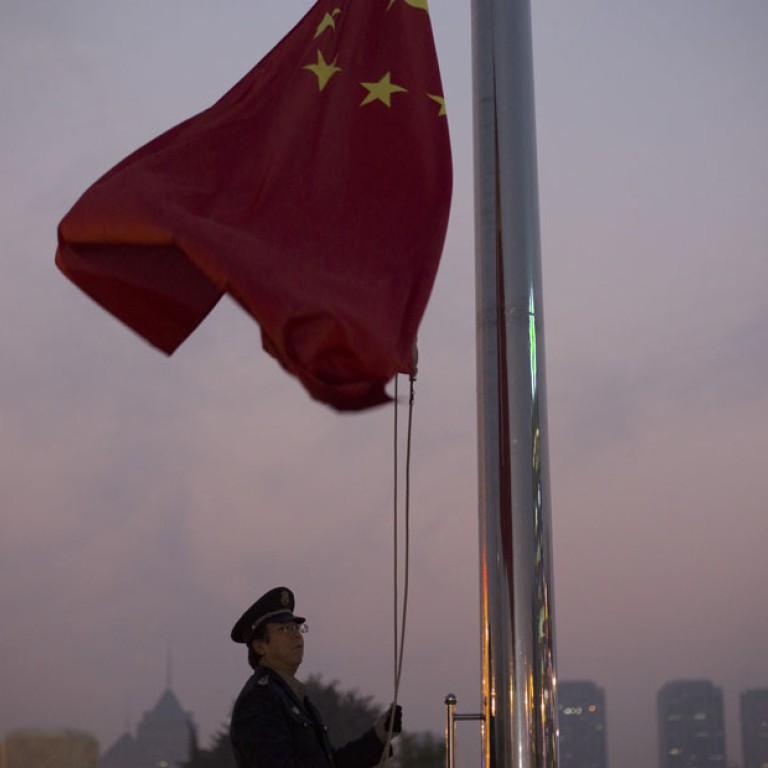
Communist Party rules out political reform ahead of third plenum
People's Daily article states that Mao Zedong's achievements far outweighed his mistakes
The Communist Party ruled out any significant political reform a day before the historically significant Central Committee third plenum gets under way, saying it will reinforce the pillars of the party's leadership and ideological control.
A full-page article in yesterday's set the tone for the plenum that opens in Beijing today, with the party's History Research Centre warning that no one should "exaggerate" the mistakes made by late leader Mao Zedong and the Cultural Revolution but should acknowledge his contributions.
Entitled "Correctly Treat the Two Historic Periods Before and After the Reform", the 10,000-character article elaborates the view of president and party chief Xi Jinping , who in January said "one should not use post-reform history to negate the pre-reform years".
The article amounted to a rejection of Western-style political reform and pre-empted political debate at the plenum about whether Beijing should lean more towards orthodox Marxism or adopt more liberal political views, analysts said.
"The article obviously sends the message that there will be no agenda for political reform at the plenum," said Zhang Lifan , a party historian with links to the leadership.
"The establishment of the socialist system laid the basic foundation for all development in contemporary China, which conforms with China's national conditions and serves the people's basic interests," the article said, as some 350 full and alternate members of the Central Committee gather for the four-day meeting in the capital.
The third plenum has been billed as being as significant as that in December 1978, which marked the start of market-oriented reforms.
Some analysts said that whether the new leadership would pursue meaningful political reform in the next few years depended on how they interpreted Mao's rule. They said Xi's view amounted to a no-holds-barred defence of the standing and contributions of the late Great Helmsman, despite the catastrophes that occurred under his rule, such as the estimated 35 million to 45 million people who starved to death in the Great Famine from 1958 to 1961 and the millions more who were killed or tortured during the Cultural Revolution.
But the article said Mao's great contributions and achievements far outweighed his mistakes. It added that such a consensus among party members was important to avoid political risks.
The article warned that the ultimate motivation of enemy forces at home and abroad to negate the pre-reform period was to negate the Communist Party.
"[They are] demonising our party so as to deny the Chinese Communist Party's position in power." Quoting an ancient Chinese saying, it said: "If someone is going to destroy another's country, they must first wipe out their history."
Describing Xi's so-called two periods theory as "political leftism and economic rightism," Zhang did not believe the policy would work.
Xigen Li, associate professor with the department of media and communication at the City University of Hong Kong, said the guiding principles of the 30-year post-reform period were based on the assumption that the major principles of the first 30-year period were wrong.
Meanwhile, Xi warned local officials to refrain from splashing out on the 120th anniversary of Mao's birth. He was speaking during an inspection tour of Hunan province, Mao's birthplace, earlier this week. The ceremony needed to "be grand, frugal and pragmatic," Xi said.

